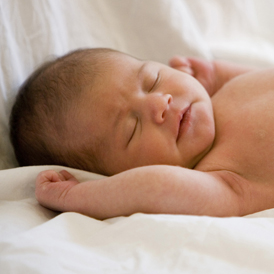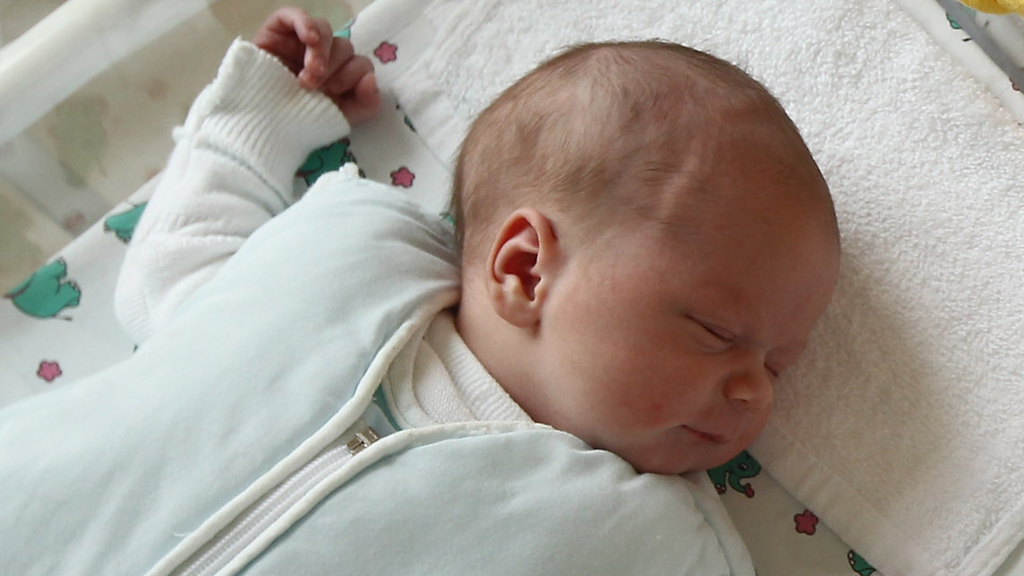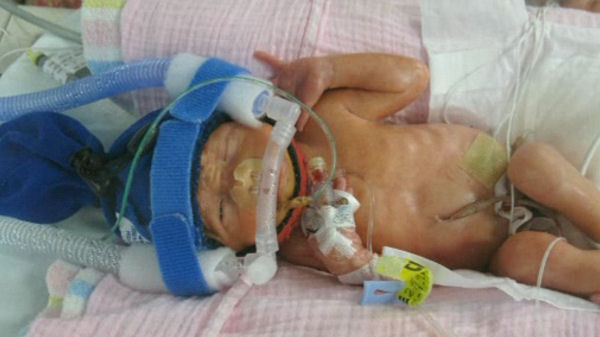First-time home births ‘higher risk’ for baby
Home births for first-time mothers in England carry a slightly higher risk for babies compared to those born in hospitals, according to a new study.

The Birthplace in England study found that, overall, having a baby is basically safe whether at home or in hospital.
But researchers discovered that first babies born at home were 2.8 times more likely to suffer serious problems. There was no increased risk for second or subsequent babies.
There was also no extra risk for babies whose birth was planned at units led by midwives, either ones that stand alone in the community or which are attached to a hospital.
Problems for first-time home births include stillbirth after the start of labour, the baby dying within the first week of birth, brain injury, fractures to the upper arm or shoulder during birth, and faeces in the lung, which can require intense medical attention.
Giving birth in England is generally very safe. Peter Brocklehurst, study leader
Serious adverse outcomes for the baby are rare – occurring just 3.5 times for every 1,000 babies whose birth was planned in an obstetric unit.
But the research, carried out at Oxford University, shows this figure rises to 9.5 per 1,000 babies if the mother chooses a home birth.
These figures relate to women who have had a low-risk pregnancy and who did not have any complications at the start of labour. The researchers stressed that giving birth is generally very safe.
The study did find women had a higher chance of intervention – such as Caesarean, ventouse or forceps delivery – if they chose an obstetric unit.
Around nine out of 10 births occur in hospital obstetric units, with only around 4 per cent of births planned at home.
Reassuring results
Professor Peter Brocklehurst, who led the study and now works at University College London, said adverse events are very uncommon.
He added: “These results should reassure pregnant women planning their birth that they can make informed decisions about where they’d most like the birth to happen, knowing that giving birth in England is generally very safe.”
Royal College of Midwives chief executive and general secretary Cathy Warwick said: “This study demonstrates clearly the safety of midwife-led care.”
She added: “Where a woman having her first baby is considering birth at home, she needs to be aware that whilst the vast majority of babies will be well, there is a chance that wherever she gives birth, the baby may have a poor outcome and at home this chance is slightly increased.
“However, the need for medical interventions in labour, such as the need for pain relief, remains less than in a consultant-led unit.”
More stories on maternity
-

Cuts put sickest babies at risk, says charity
17 October 2011
-

Miracle baby saved by mother’s warmth
27 August 2010

